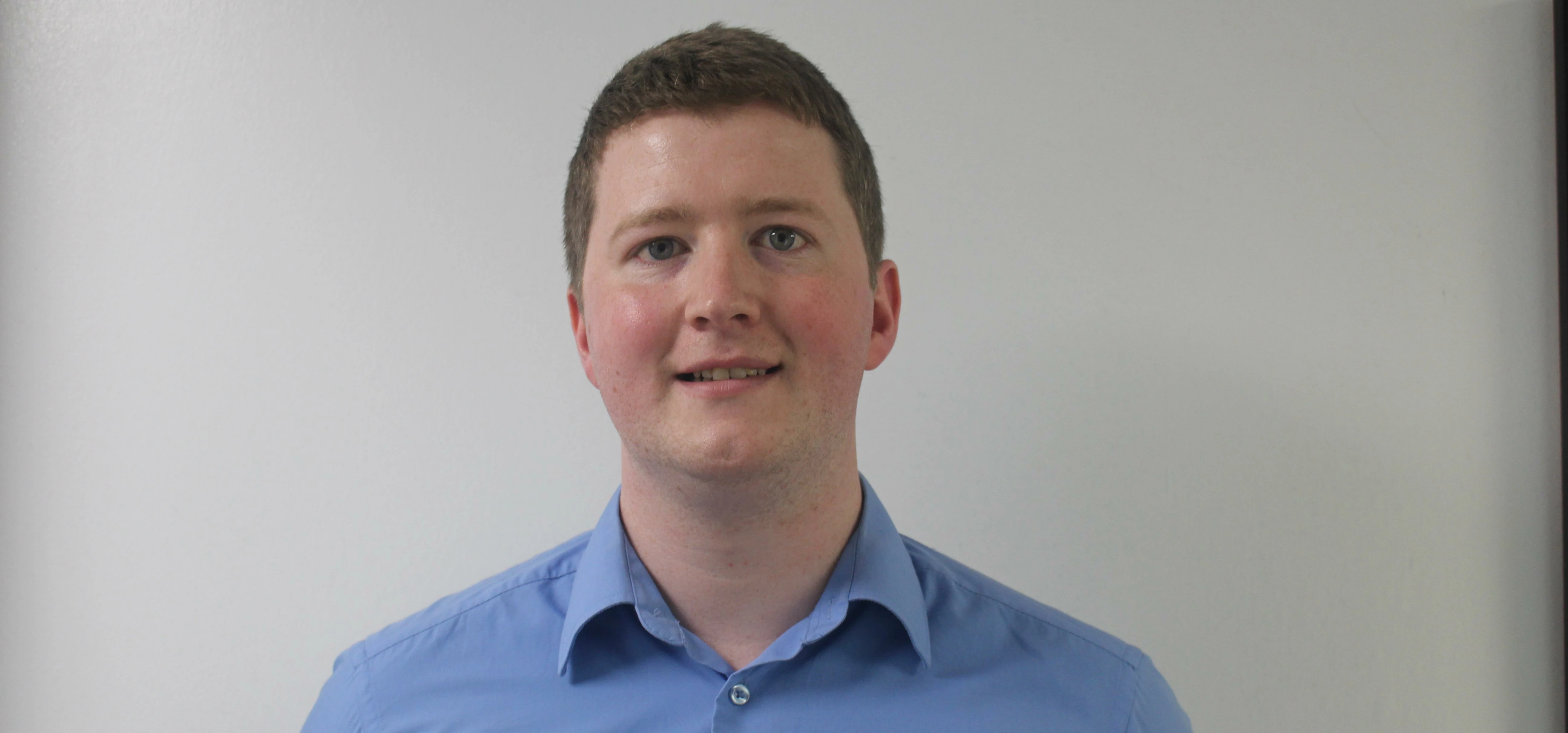
Partner Article
Stress-busting tips to mark Men's Health Week
The health of men from across the UK will come under the spotlight during Men’s Health Week this week (13-19 June), with this year’s event focusing on beating stress.
To mark the event, Nuffield Health Newcastle Hospital’s health and wellbeing physiologist Aidan Innes has put together his top stress-busting advice for men across the North East.
Stress can have a huge impact on all areas on life, affecting sleep, decision making, judgment and general mental health, but these simple tips could make a big difference – why not give them a try this Men’s Health Week.
Exercise
When we are stressed, the body releases a hormone called cortisol which can have a negative effect on our emotional wellbeing. Exercising regularly can help improve our ability to cope with stress through mechanisms that help decrease cortisol levels. Exercise is also a great way to relieve stress as it releases endorphins, making you feel happier and more relaxed. In addition, exercise is a great distraction from stress, especially high concentration sports such as squash.
Caffeine
Caffeine is a stimulant which increases the heart rate and this can have a knock-on effect of increasing stress. If you are going through a period of high stress, caffeine will exacerbate the symptoms of stress you may already be experiencing. In this situation I would advise swapping to decaffeinated tea or coffee, herbals teas, juices or water. Remember, many fizzy drinks are also high in caffeine, especially the diet drinks which many people sometimes assume are healthier than full sugar versions.
Sleep
When you feel stressed sleep is often the first thing to suffer – you may feel like you are too busy to sleep or have trouble getting to sleep in the first place. But sleep is incredibly important for your health in general and especially when you are stressed as it acts as a re-set button for your blood pressure. I would recommend between six and eight hours sleep a night and to avoid bright lights, including phone and tablet screens for around an hour before you sleep – try reading a book.
Alcohol and smoking
In my experience when people feel stressed they often turn to alcohol or cigarettes as a way to try and relax, particularly men. But alcohol will often have an impact on the quality of your sleep which can make the symptoms of stress worse. Alcohol is also a depressant and can lead to low mood and heightened anxiety.
People often feel as if cigarettes make them feel less stressed but this is associated behaviour and physiologically smoking actually increases your levels of stress, as well as having a negative impact on your overall health and disease risk.
Breathing
One really simple trick that I advise my clients to try is breathing techniques – breathing in and out for five seconds at a time, repeated around six times can have an instant effect on stress levels. Stress may manifest itself in symptoms such as increased heart rate, increased adrenaline and sweating palms, but taking slow deep breaths brings your heart rate back under control thereby reducing the other symptoms including anxiety.
This was posted in Bdaily's Members' News section by Nuffield Health Newcastle Hospital .
Enjoy the read? Get Bdaily delivered.
Sign up to receive our daily bulletin, sent to your inbox, for free.








 Raising the bar to boost North East growth
Raising the bar to boost North East growth
 Navigating the messy middle of business growth
Navigating the messy middle of business growth
 We must make it easier to hire young people
We must make it easier to hire young people
 Why community-based care is key to NHS' future
Why community-based care is key to NHS' future
 Culture, confidence and creativity in the North East
Culture, confidence and creativity in the North East
 Putting in the groundwork to boost skills
Putting in the groundwork to boost skills
 £100,000 milestone drives forward STEM work
£100,000 milestone drives forward STEM work
 Restoring confidence for the economic road ahead
Restoring confidence for the economic road ahead
 Ready to scale? Buy-and-build offers opportunity
Ready to scale? Buy-and-build offers opportunity
 When will our regional economy grow?
When will our regional economy grow?
 Creating a thriving North East construction sector
Creating a thriving North East construction sector
 Why investors are still backing the North East
Why investors are still backing the North East